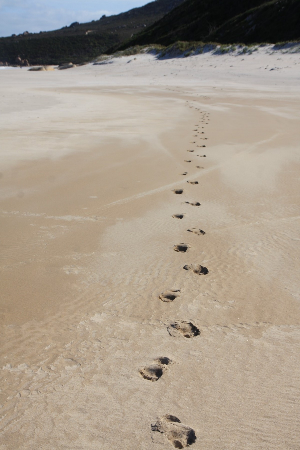
Life is full of surprises – how’s that for a clichéd start? The thing about clichés is that they hold more than a grain of truth, which is why we have so many of them. What matters isn’t that we’re exposed to unexpected occurrences in our personal or professional lives – it’s how we respond that counts.
Continue reading “Managing your responses, and keeping an open mind”



 I’m currently reading
I’m currently reading  I don’t know how many times this has come up in conversations with staff members and mentees over the years, but it’s been quite a few. “I’m too busy to take a course..”; “My manager won’t let me study.”; “I would have to do the study in my personal time..”; “The tools are too difficult to use.”. I don’t have time to learn.
I don’t know how many times this has come up in conversations with staff members and mentees over the years, but it’s been quite a few. “I’m too busy to take a course..”; “My manager won’t let me study.”; “I would have to do the study in my personal time..”; “The tools are too difficult to use.”. I don’t have time to learn. On the day of my daughter’s 15th birthday I stood in the cold in the local churchyard with her, and well more than a hundred others, and waited for the body of her best friend’s father to arrive.
On the day of my daughter’s 15th birthday I stood in the cold in the local churchyard with her, and well more than a hundred others, and waited for the body of her best friend’s father to arrive.